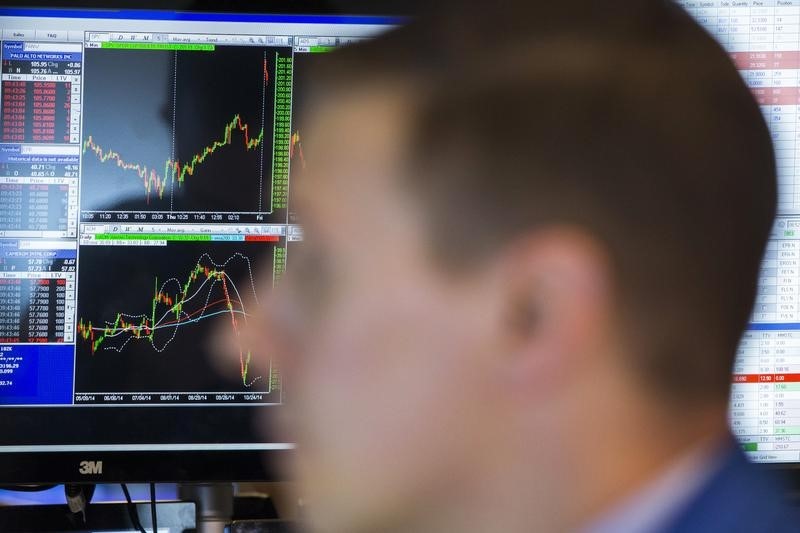Benzinga - by Natan Ponieman, Benzinga Editor.
California fast-food employees started earning a minimum of $20 an hour in April.
Thanks to a new law, which went into effect earlier this month, California chain restaurants with at least 60 locations nationwide have to pay their employees more.
For smaller restaurants, the minimum wage continues to be the statewide bottom of $16 an hour.
The largest publicly-traded fast-food companies include McDonald’s Corp (NYSE:MCD); Starbucks Corp (NASDAQ:SBUX); Yum! Brands, Inc. (NYSE:YUM), which owns Taco Bell, Pizza Hut and KFC; Wendys Co (NASDAQ:WEN); Restaurant Brands International Inc (NYSE:QSR), which owns Burger King; Chipotle Mexican Grill, Inc. (NYSE:CMG); Papa John’s International Inc (NASDAQ:PZZA) and Jack in the Box Inc. (NASDAQ:JACK).
Many of these stocks have lost value since the law was implemented on April 1.
Read Also: AI Gunning For Fast Food Jobs Next? KFC, Taco Bell Operator Yum Brands Planning ChatGPT-Like Bots To Boost Operations
The wage hikes were deemed necessary in the Golden State. After all, the cost of living in California is about 38% higher than the national average.
Some fast food companies are considering cutting employee hours and raising menu prices.
In-N-Out Burger President Lynsi Snyder said in an interview with Today that she "was sitting in VP meetings going toe-to-toe saying, ‘We can't raise the prices that much, we can't.’"
Her company, which owns over 400 restaurants — primarily in California — continues to be privately held. Snyder said there are no plans to go public or open up to the franchise model.
In-N-Out has, however, raised prices in Los Angeles restaurants by about 25 cents per burger. That’s still less than the price hikes other restaurants had to implement.
According to the New York Post, one Burger King in Los Angeles raised the price of its Double Texas Whopper by 12% from $15.09 to $16.89.
Many restaurant chains started preparing for wage hikes, even before the law was passed last September. Some companies are exploring automation as a strategy — a trend that took off in 2017 with self-service ordering kiosks.
Insider reported that some restaurant franchises, including a major Burger King franchise, are ordering new digital order kiosks to replace existing staff.
Burger King management recently pointed out that customers tend to order larger meals whenever interacting with digital self-service screens.
In October, after California Gov. Gavin Newsom signed the law, McDonald’s CEO Chris Kempczinski said on the company's third-quarter earnings call he expected the policy to "certainly be a hit in the short term to franchisee cashflow."
Yet the secondary effects of the new law could even replicate into further trouble for the fast food segment in the Golden State. A Jack in the Box franchise owner speculated on Sunday in an interview with Business Insider that rising prices for fast food chains could mean a loss in market share to casual diners like Chili’s, owned by Brinker International, Inc. (NYSE:EAT) or Applebee’s, a subsidiary of Dine Brands Global Inc (NYSE:DIN).
Casual dining restaurants could, in turn, benefit if they're able to keep running without altering prices.
Now Read: Wendy’s Clarifies ‘Dynamic Pricing’ Comments After Public Outcry, Elizabeth Warren Criticism
Image from MidJourney AI.
© 2024 Benzinga.com. Benzinga does not provide investment advice. All rights reserved.
